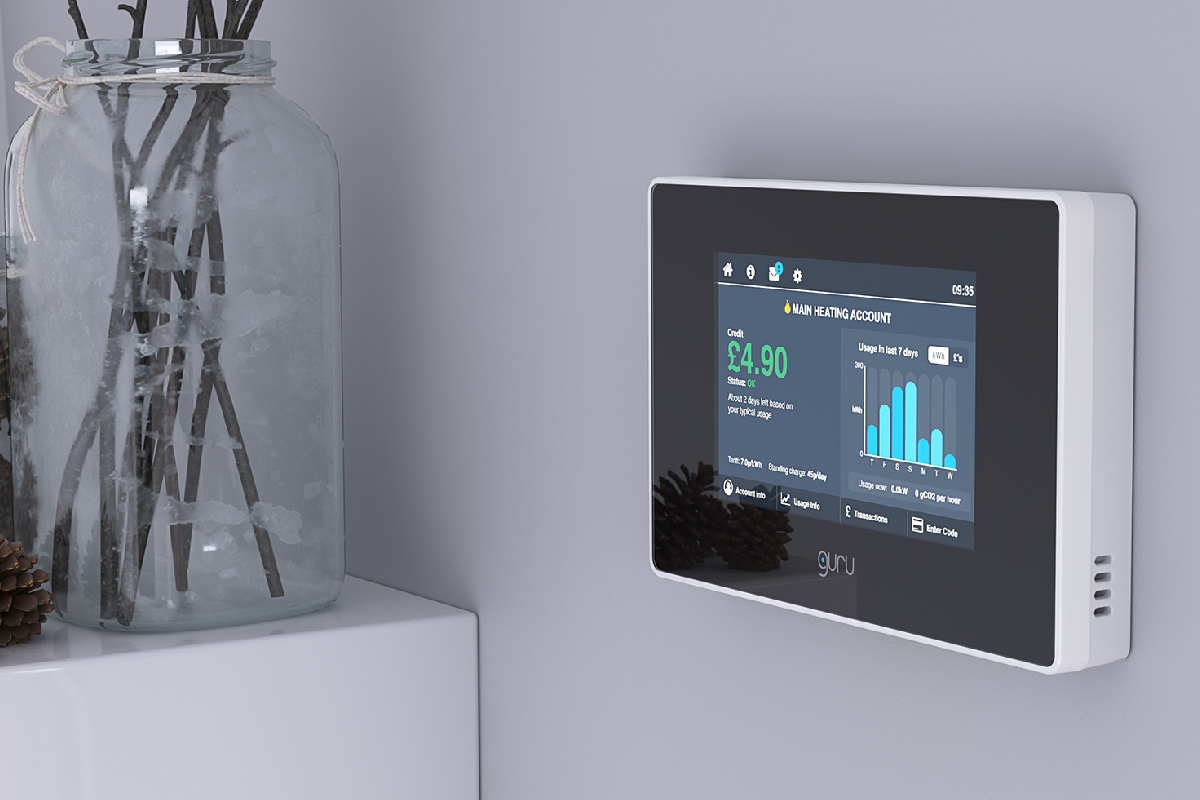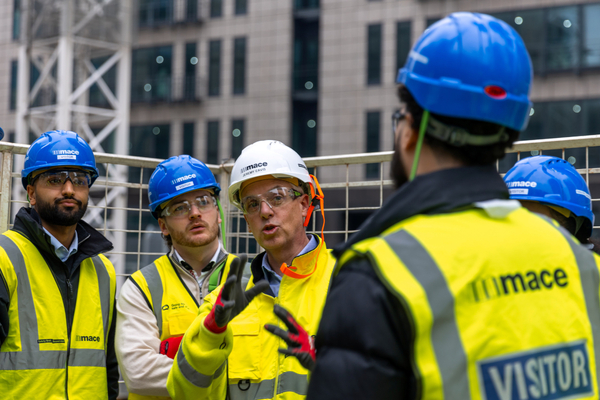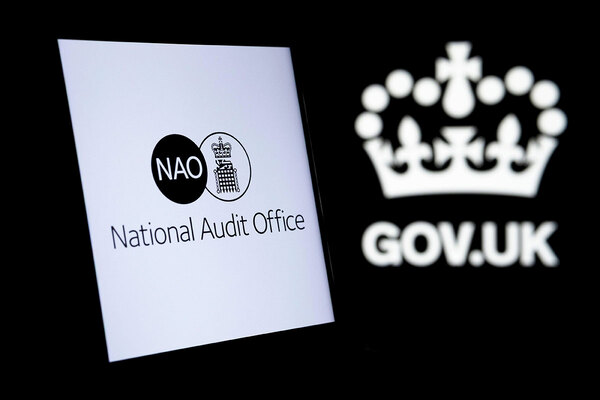Why software developers will help to drive the decarbonisation of heat
In the UK, heat is responsible for 37% of carbon emissions, more than emissions from transport. Low carbon heat networks are a fundamental part of the UK’s decarbonisation strategy, with the Committee on Climate Change expecting the proportion of UK heating delivered over heat networks to rise from 2% to at least 20% by 2050.
But decarbonisation isn’t the only buzzword in heat. Digitalisation is also going to be key if we’re to deliver this change in a way that is both fair for customers and cost effective.
To achieve the kind of carbon reductions required to help meet net zero, heat networks should be closely monitored so that maintenance and efficiency improvements can be made. Industry best practice is for operators to capture performance data from every part of the system, from the energy centre or plant room, to the Heat Interface Unit in each individual home. This kind of monitoring is what Guru Systems specialises in, but it takes a talented team of software developers to make the kind of data capture and analysis a reality.
When we think of jobs in heat networks, we think of hardhats, of pipes in the ground, of large-scale construction projects, but for every engineering role there’s a huge amount of behind the scenes work that’s needed. The industry needs data scientists to build the machine learning algorithms that help clients identify performance issues, it needs software developers to build the platforms to process customer payments, and it needs embedded software engineers to code the firmware that will pave the way for remote control and configuration of the hardware across these networks.
As the industry grows these skills become even more important. For example, one of the key steps that needs to be taken to decarbonise heat will be sector coupling, meaning integration with the power sector and, where possible, with the waste, agriculture, silviculture, transport and sewer sectors too. Sector integration will rely on smart energy management systems, which will in turn rely on real-time data, predictive algorithms, and machine learning - all of which will require teams of software developers to deliver.
At Guru Systems we understand the scale of the challenge better than most. Take the task of data capture as one example. My colleague Fernando Toussaint, DevOps Engineer says:
“Over the past eight years, we’ve captured over three billion individual measurements. But for Guru, the challenge isn’t necessarily about storage space, instead it’s one of database design and performance. With so many measurements, it’s important that our databases are structured so that information can be accessed quickly both now and as we continue to grow.”
For software systems to be able to analyse data, DevOps engineers need to make sure the right storage system is in place.
The Heat Network Industry Council (the industry group representing heat networks) is pushing for all city heat networks to be digital by 2030, including the digitalisation of existing networks. This will drive an explosion of software jobs in this industry.
Guru’s technology team is growing fast as we build out our software development and data science capabilities. As the number of heat networks increase, we certainly won’t be the only organisation hiring.
Stephen Page, chief technical officer, Guru Systems



